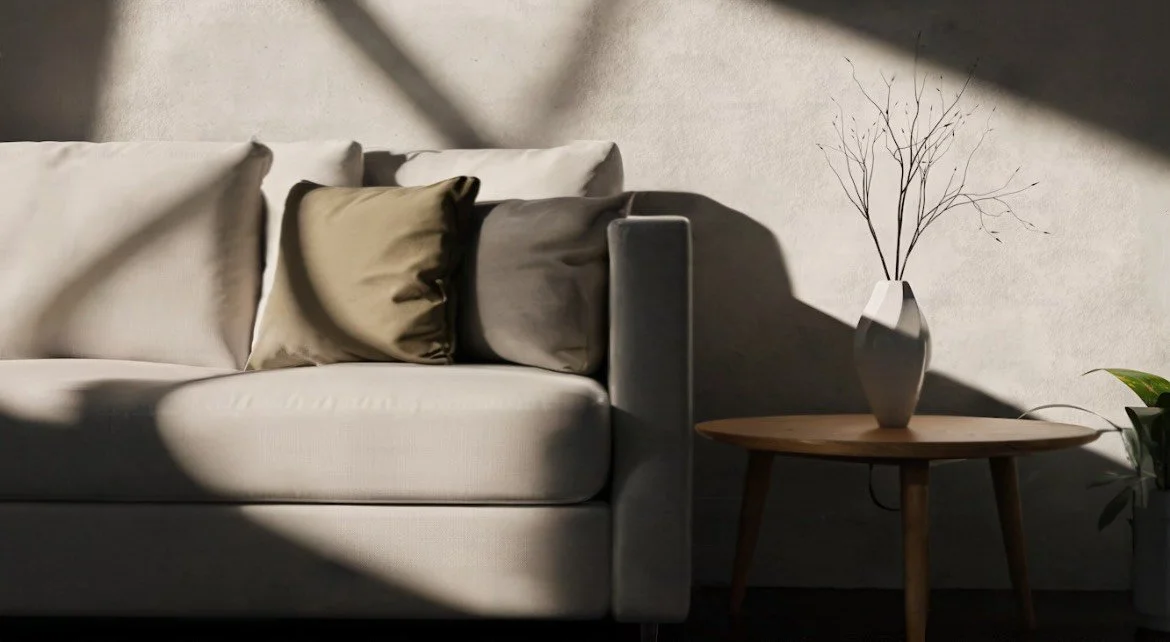
Couples Therapy
Couples therapy is the place to share your experiences and feelings, a place where both are equally heard. Couples therapy is not the place where the blame is targeted, the finger is pointed, or the score card is pulled out. Instead, it's where old habits and patterns can be undone to allow for growth. You are a team - instead of fighting against one another, you can learn to fight together.

Common Themes in Couples Therapy
The most commons reasons couples seek therapy is to increase or improve their communication skills in general and specifically in conflict. Other reasons are premarital counseling, discernment counseling (trying to decide if they should stay together or separate), or wanting to strengthen their relationship.
How Couples Therapy Helps
Couples therapy provides a structured and supportive environment for you and your partner to address your relationship challenges. It helps you by slowing down conversations, identifying cyclical patterns, and allowing you to express your needs and feelings more effectively without resorting to conflict.
Through guided conversations, couples can identify and break free from negative patterns of interaction, leading to a deeper understanding of each other's perspectives. Couples therapy can help you and your partner feel more connected and united, fostering a stronger foundation built on mutual respect and empathy.

Frequently Asked Questions (FAQs)
-
You may decide to start therapy when you notice the same conflicts coming up again and again or when the relationship feels stuck. You don't have to wait until things feel "bad enough." Couples therapy can be helpful at any stage — whether you're trying to prevent future issues, strengthen connection, or work through painful patterns.
-
Couples therapy is similar yet different than individual sessions. It's similar by identifying and exploring the feelings under the surface of relational issues, finding new habits that better serve you and your partner, and having a space to simply talk it all out. How it differs is through structure; facilitating discussions on certain topics, practicing skills and tools in session, and assigning work to name a few. Repetition and practice fosters change and by doing so in session, it will allow you and your partner to feel more familiar with what is discussed in session.
-
The timeline for seeing results really varies. You may feel a sense of relief and a slight shift in your communication patterns after just a few sessions. It may take longer to address deeper, more ingrained issues. Therapy is not a quick fix, but a process. It's a commitment to consistent effort. The progress we make depends on your engagement, your willingness to be vulnerable, and the consistency of our meetings. We'll regularly check in on your progress and adjust our approach as needed to ensure we're working towards the goals.
-
This is very common. If one of you is more hesitant, that's okay. It's normal. We can start by exploring those feelings of hesitation and see what's getting in the way. It's important that we create a space where both of you feel comfortable, not forced. The goal is to help both of you understand the value of the process, but there isn't pressure on either of you to participate in a way that feels inauthentic. The key is to start with a shared willingness to show up and be present for one another, and we can build on that foundation.
-
Rates will be discussed during the initial consultation or upon request.

You can decide to change your relationship for the better.
If you are curious about couples therapy, book a free consultation.
We will connect you with a therapist who fits your needs!

